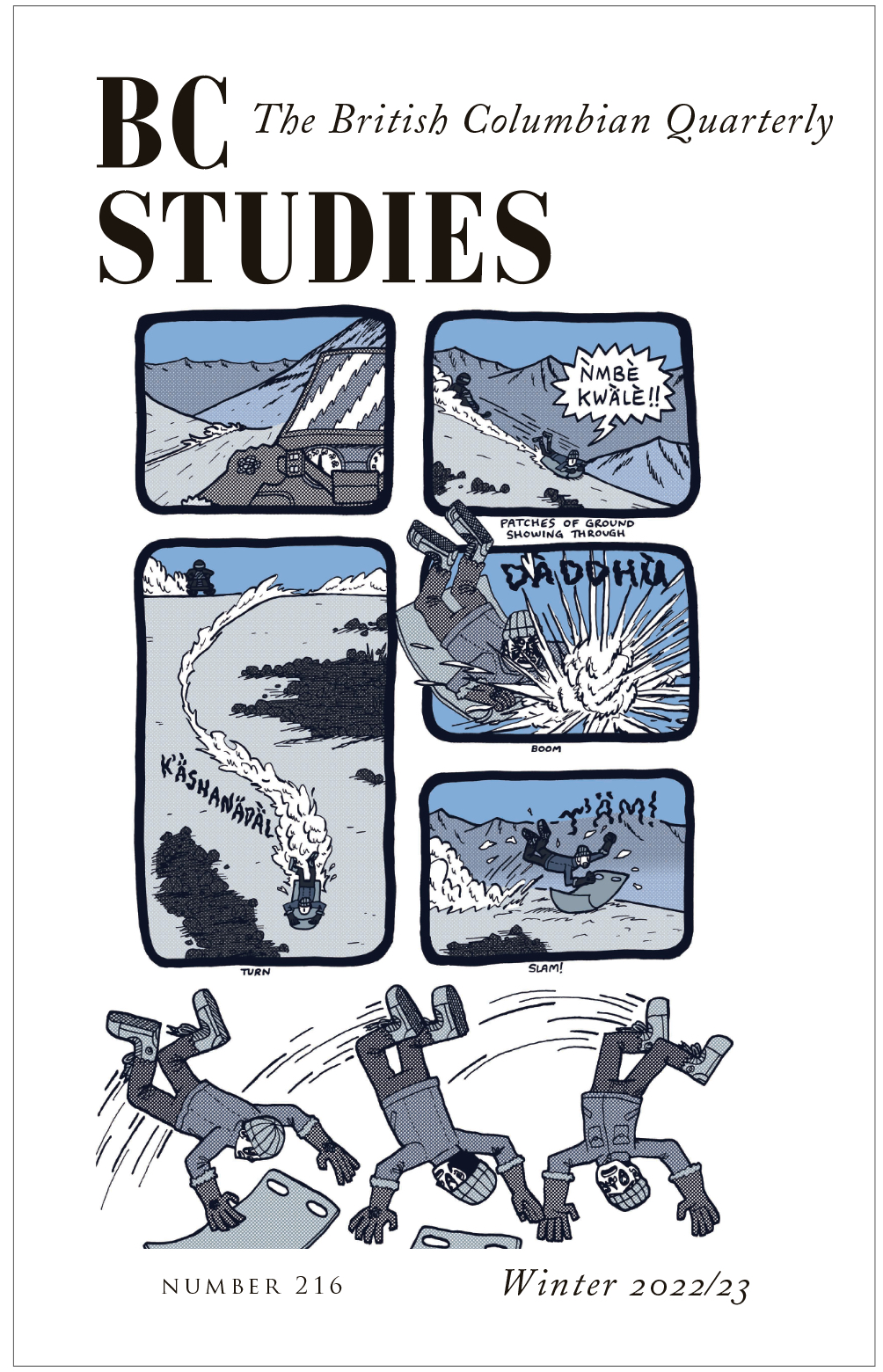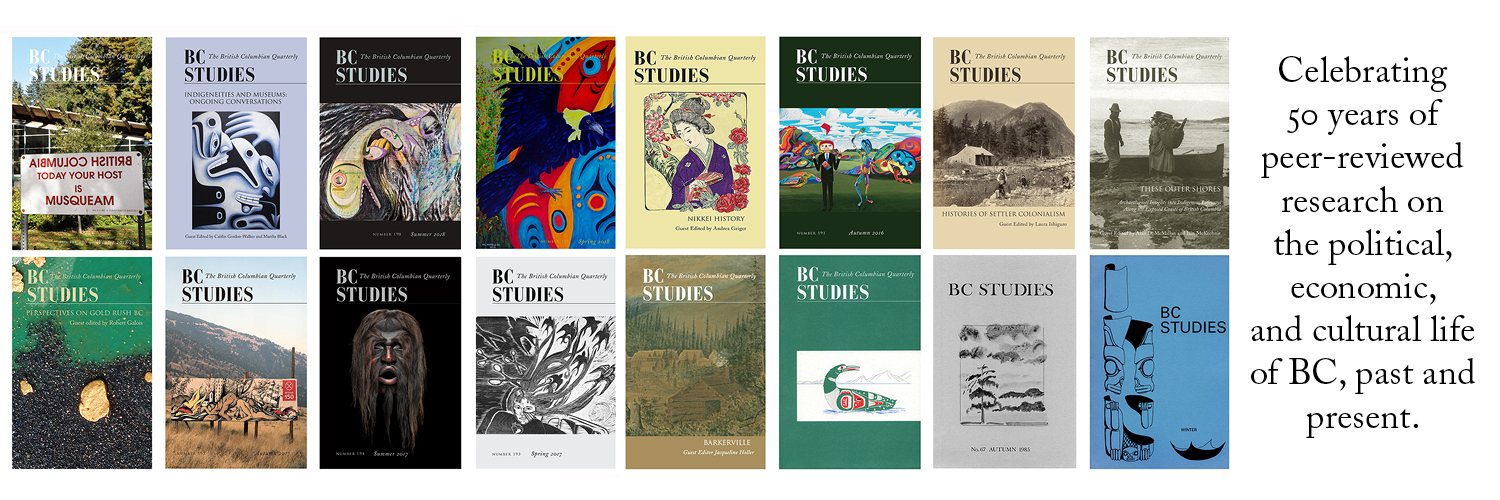‘Loved to Death’: Conflicts between Indigenous food sovereignty, settler recreation, and ontologies of land in the governance of Líl̓wat tmicw
DOI:
https://doi.org/10.14288/bcs.no216.196947Keywords:
Lil’wat, land policies, mountaineering, food and nutritionAbstract
We appraise the impacts of Western ontologies of conservation and protected areas management in British Columbia. We assess how the ongoing privileging of Western ontologies in management strategies represents “slow violence” that affects traditional food systems of the Líl̓wat Nation and, consequently, Líl̓wat food sovereignty. We find that the slow violence of settler colonialism in Líl̓wat territory continues, with recreation and conservation creating new pressures on Líl̓wat peoples’ food practices on lands that have already been extensively logged, with some areas also flooded for generation of hydropower. We analyze how conflicting ontologies play out in the management and stewardship of conservation and recreation on lands in Líl̓wat territory. We find that current approaches to conservation and recreation management fall short of respecting and putting into practice measures that are compatible with Líl̓wat relational ontologies. This analysis includes unique and important contributions that merge diverse fields of inquiry, including insights into Indigenous food sovereignty and outdoor recreational management, which have previously not come into conversation with one another. Our findings are relevant and timely, given the BC government’s commitments to uphold the rights of Indigenous Peoples in provincial laws and policies.



